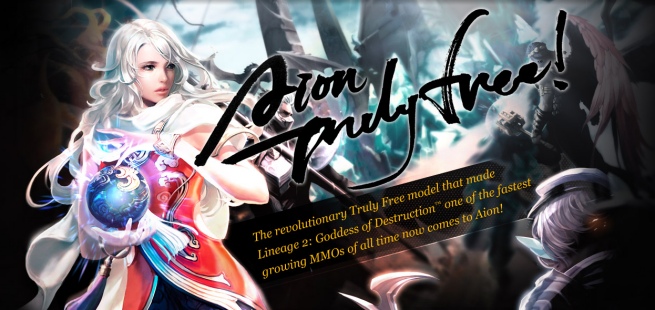
The successful launch of Star Wars: The Old Republic notwithstanding, the business model of mandatory subscriptions for massively multiplayer online (MMO) games seems to be on its way out. A new user survey by online core gamer network Curse indicates that free-to-play games and microtransaction purchases are gaining ground even among subscribers of MMO market leader World of Warcraft.
[aditude-amp id="flyingcarpet" targeting='{"env":"staging","page_type":"article","post_id":406580,"post_type":"story","post_chan":"none","tags":null,"ai":false,"category":"none","all_categories":"games,","session":"D"}']64 percent of the 11,800 online gamers surveyed by Curse play free-to-play games and 43 percent of those buy in-game items. That’s an impressive number considering that any rate of converting players into paying customers above 5 percent is typically viewed as a success.
The explanation lies in the kind of user Curse attracts. 91 percent of the survey participants currently play a subscription MMO (most likely World of Warcraft, as Curse operates popular community sites that cater to the information needs of that audience). Dedicated players are more likely to pay for in-game extras than the casual crowd, which is why companies like Kabam are focusing on free-to-play games for hardcore gamers.
According to the Curse survey, the most popular microtransaction category is cosmetic upgrades for game characters (52 percent of those respondents who make optional purchases in free-to-play games), followed by virtual gear (21 percent) and experience points boosts (15 percent).
There’s clearly a limit to the number of recurring fees even dedicated gamers want to pay for, as most of World of Warcraft’s competitors have found. Plenty of recent subscription-based MMOs have converted to the free-to-play business model. The likes of EverQuest, The Lords of the Rings Online, Star Trek Online and Dungeons&Dragons Online will soon be joined by NCsoft’s Aion, which is scheduled to abandon mandatory subscriptions from April 11.
Curse reports that its website STOwiki.org saw a drastic increase in traffic after Star Trek Online switched to the free-to-play model in January 2012, going from 697 to 10,055 unique visitors and from 4,736 to 170,000 page views per day, representing a 1343 percent increase.
One of the most highly anticipated MMO 2012 releases is not a free-to-play game, as customers will have to make a one-time payment for the software. But Guild Wars 2 will forego subscription fees in favor of optional microtransactions, as explained by ArenaNet President Mike O’Brien.
With the number of quality free-to-play MMOs available and the increasing acceptance of microtransactions, launching games with a mandatory subscription model seems unlikely to succeed – unless you have one of the most powerful brands and well-respected videogame developers in the known universe at your disposal, that is.
